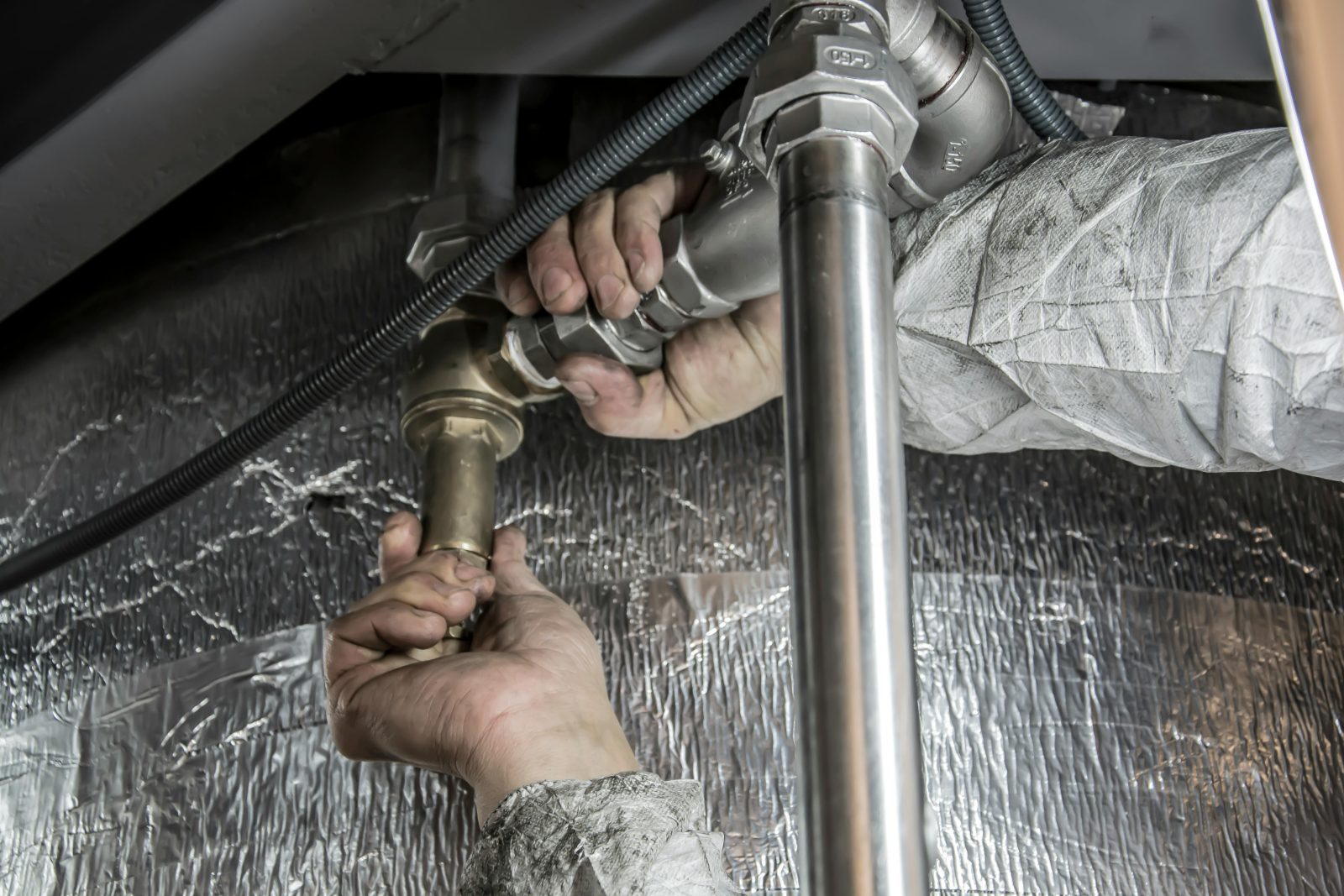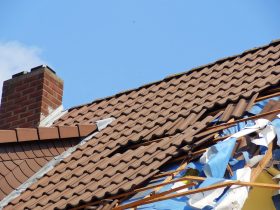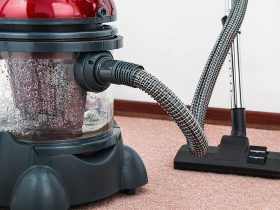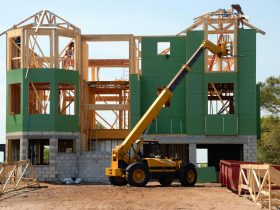Key Takeaways:
- Understanding and debunking plumbing myths is essential to proper plumbing maintenance.
- Regular plumbing maintenance is the most effective strategy to prevent plumbing issues.
- Knowing DIY repairs and when to call a skilled Plumber is invaluable for homeowners.
- Implementing eco-friendly plumbing systems contributes to environmental conservation.
Table of Contents:
- Spotting Potential Plumbing Issues Before They Escalate
- Navigating Emergency Plumbing Situations
- The Importance of Regular Maintenance
- DIY Plumbing Fixes Versus Professional Help
- Water Quality and Plumbing: The Connection
- Tackling Hard Water: Solutions and Benefits
- When to Upgrade Your Plumbing System
Spotting Potential Plumbing Issues Before They Escalate
Proactively noticing potential plumbing issues can be the difference between a simple repair and a full-blown plumbing emergency. Common indicators that shouldn’t be ignored are sudden drops in water pressure, persistent dripping faucets, and discolored water. These subtle hints suggest potential wear or obstruction in your plumbing system. Additionally, the appearance of mildew or mold, particularly at pipe junctions, can be a sign of a slow leak, which, left unaddressed, can cause significant water damage and a host of health concerns.
Navigating Emergency Plumbing Situations
No homeowner wants to face a plumbing emergency, but knowing how to respond can mitigate the damage. Immediate steps include shutting off the water to prevent further damage and assessing the situation calmly. When the problem is beyond basic troubleshooting, calling a trusted plumber becomes crucial to address the issue adequately.
The Importance of Regular Maintenance
Committing to a regular maintenance schedule can significantly extend your plumbing system’s lifespan. This includes checking for leaks, inspecting the fixtures, and performing seasonal maintenance to protect pipes from freezing.
DIY Plumbing Fixes Versus Professional Help
While DIY projects can be rewarding and cost-effective for minor repairs, there’s a fine line where professional intervention becomes necessary. For instance, replacing a washer to fix a dripping tap is within the grasp of many homeowners—still, more complex tasks like repairing a broken sewer line demand professional plumbing companies.
Water Quality and Plumbing: The Connection
The state of your plumbing affects water flow and the quality of the water you use daily. Old or corroded pipes can leach into your water supply, posing health risks and affecting taste and odor. Regular water quality testing and updating plumbing infrastructure can help ensure that the water in your home remains pure and safe for consumption.
Tackling Hard Water: Solutions and Benefits
The effects of hard water in the household are often overlooked but can be pretty pervasive. Scale build-up can clog pipes, reduce water heating efficiency, and leave deposits on dishes and fixtures.
When to Upgrade Your Plumbing System
Recognizing when to overhaul your plumbing system is another crucial aspect of responsible home maintenance. Persistent issues such as low water pressure, frequent clogs, or even increased water bills could indicate that your plumbing system is working overtime to compensate for inefficiencies.
Maintaining a well-functioning household plumbing system requires a balance of knowledge, preventative care, and timely professional intervention. By understanding common misconceptions, staying alert to the signs of plumbing issues, and prioritizing regular maintenance, homeowners can ensure the longevity and efficiency of their plumbing systems, contributing to a healthy, comfortable home environment.








Leave a Reply